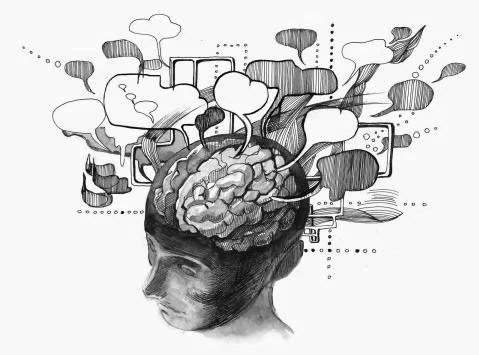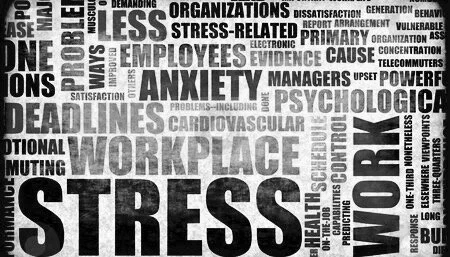Anxiety can feel like a storm of worry, fear, and nervousness that is constantly raging within us, leaving us feeling overwhelmed and powerless. While therapy and medication can be effective in managing anxiety, some individuals find that traditional treatments are not enough. The good news is that Eye Movement Desensitization and Reprocessing (EMDR) therapy offers a promising approach to managing and reducing symptoms of anxiety.
Shorts: EMDR & Depression
Depression can feel like a dark shadow that constantly hangs over us, leaving us feeling hopeless and helpless. While there are a number of different treatment options available for depression, including medication and psychotherapy, many people find that these approaches do not provide the level of relief they are seeking. For these individuals, Eye Movement Desensitization and Reprocessing (EMDR) therapy offers a promising approach to managing and reducing symptoms of depression.
Shorts: An Introduction to Somatic Therapy
If we were a symphony, our thoughts, feelings and physical sensations would be the instruments whose “sounds” come together to form the music - our moment to moment experience. While a piece of music may have lyrics, it’s so much more than just the words. And likewise, while our day to day experience may have a narrative, it’s so much more than just our thoughts.
Shorts: An Introduction to EMDR Therapy
Difficult, stressful and traumatic experiences can overwhelm the brain’s processing capacities, leaving the memories of such events stored in an unprocessed state in the brain. As a result, the memory becomes “frozen” in time and continues to elicit strong emotions, avoidance behaviours, and other symptoms of distress. EMDR can help with the unfreezing process.
Deep Dive: EMDR, A Primer for Patients
Imagine our brain as a room with one giant filing cabinet in the centre of it. The filing cabinet is made up of many drawers (representing memory networks), which are filled with many files (representing brain cells). At birth, most of these files are strewn about the room haphazardly, with relatively few being stored in the filing cabinet. During the course of our life, the files in the room are gradually organized into drawers of the filing cabinet.
Depression is Not a Prozac Deficiency
Mental Health: A Misnomer?
As far back as ancient Greece, there has been an understanding that there is some qualitative difference between the mind and the body. The body is something we can touch and feel and see, while the mind seems more elusive. While the body is made of the physical, the mind is made of the electrical, the energetic, perhaps the spiritual. But where does the brain fit in? And disorders such as depression and anxiety – to which domain do they belong?
Stress: Investing in Our Health
In the context of our health accounts, the fight-or-flight system is energetically expensive and burns through our savings faster than high-interest credit cards. So how do we manage our health finances? What is the equivalent of an RRSP in health terms? When do we focus on accruing savings vs. minimizing spending? And what does it mean in practical terms to invest in our health?
Stress: The Great Drain on Our Health Account
Our body has two basic operating systems; the “fight or flight” system and the “rest and digest” system. Both of these systems are vital and we need them both, but we need them in the right balance. And unfortunately, as a society, we are drastically out of balance. Our bodies were never meant to be exposed to a sustained stress response, which is why chronic stress is implicated in obesity, diabetes, cardiovascular disease, autoimmune disease and countless others.
Stress: Understanding Health Accounting
In bank account terms, our fight-or-flight system (which is our prevailing operating system when we’re under stress) is a rampant spender, while our rest-and-digest system (which governs our bodies when we’re relaxed) is the fiscally responsible saver. The bottom line, as it were, is that if we’re hoping to make it into retirement with a healthy savings, we need to manage our spending and make regular contributions to our savings account.















